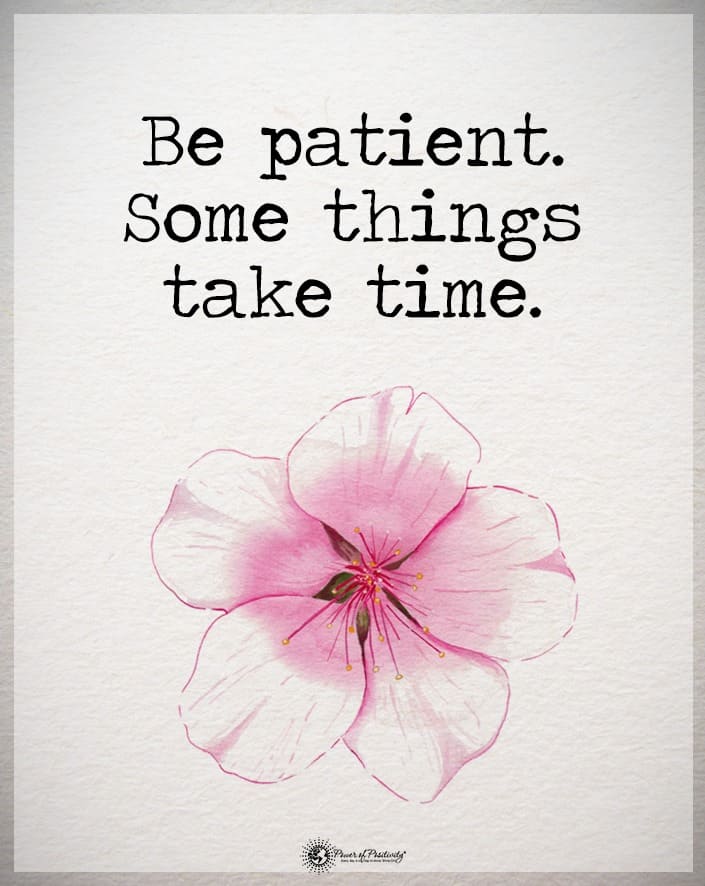Did you ever keep a diary or journal as a kid? It was an ideal way for you to record all your secret thoughts and dreams. Even as an adult, you can discover many benefits of keeping a self care journal.
Maybe you’re one of the countless people who try to start a journal at the beginning of the year and slack off after a few days. There may be stacks of unfinished notebooks from various years in your desk drawer. Once you’ve determined to make journaling a habit, you’ll be glad you did.
Keeping a journal is more than just chronicling daily events in your life. An article published by the University of Rochester Medical Center says that journaling can help you control your emotions and possibly boost your mental health. As you reflect on your positive and negative feelings and most profound thoughts, you see how far you’ve come.
Whether you use a pen or save your reflections on a thumb drive, journaling can help you identify recurring negative or anxious thoughts. Identifying these thought patterns can be your first step to finding a solution for them. Regardless of why you want to make journaling a habit, you’ll discover how helpful it can be in your life.
The desire to track current events, personal thoughts, and reflections is as old as civilization itself. According to his article published in the New York Times Magazine, Patrick Huyghe explains that some of the earliest journals discovered were from 10th century Japan. Huyghe also states that at least 10,000 journals have been published alone in the English language.
Different Types of Journals
Did you know that there are various types of journals you can write? The good news is that you can choose the type that most suits your style.
 •Traditional
•Traditional
This is the classic journal meant to chronicle events of the day or special occasions. In a professional sense, they are often called logs. Youngsters usually prefer traditional journaling with a “dear diary” style. You may enjoy this simplistic journal for daily, weekly, or monthly happenings in your life.
•Dream Journal
Are you a vivid dreamer who often forgets your dreams by morning? Maybe keeping a small notebook on your nightstand can help. If you awaken from a dream you want to remember for later, write it down in your journal. Keeping a record of your dreams is often beneficial for dream recall and for studying your hidden emotions.
•List
The first step in achieving your goals is to identify them. Recording your dreams and goals in a list journal can help you stay focused on what you want. Consider making bullet-style lists and add to them as necessary.
•Gratitude
Have you ever noticed how gratitude boosts your mood and sense of well-being? Being grateful allows you to be content with what you have as you make every moment count. Many people keep ongoing lists in a gratitude journal to remind them of their many blessings.
•Guided
Maybe the very thought of composing thoughts from the top of your head makes you anxious. You may experience sudden writer’s block, and your pencil will refuse to move. Guided journals have prepared subjects in each section to give you some inspiration.
•Self Care Journal
Remember that there’s never been anyone just like you in the Universe, nor will there ever be. It’s essential to extend as much understanding, compassion, and love to yourself as possible. Having a healthy respect for yourself doesn’t make you a narcissist because you can’t love others until you learn to love yourself.
Nichole Nattrass, a journaling expert, shares her insights in an article published by the International Association for Journal Writing. Nattrass says that this journaling style enables you to connect with your emotions, thoughts, and ideas on a deeper level. She also confirms that it’s an optimal tool to unlock your creativity and intuitive skills, as well as engaging in self care.
Journaling 101
Are you ready to take advantage of the benefits that journaling holds for you? The good news is that it’s easy to do and doesn’t require a bunch of equipment. Plus, you decide how much time you want to devote to your new writing routine.
•Supplies
Keeping a self care journal can be as elaborate or as down-to-earth as you please. Many people prefer to buy inexpensive bound notebooks for their journal entries. You can also find a plethora of dedicated journals in department stores or online to fit any budget.
Feel free to embellish your private musings with drawings, stickers, or anything else that makes you smile. While many journalists are content with using a wooden pencil, you might prefer to use brightly colored gel pens or thin-lined markers for your entries.
Are you more comfortable with a technical version? It’s also easy to gather your thoughts in a word processing program on your computer. Save it on a thumb drive or your computer’s main memory.
•There Are No Rules
This journal is all about you and how to keep your best interests at heart. Therefore, you decide how your journal will be organized and what it will contain. You have the final say, and you needn’t share it with anyone unless you choose.
Once you’ve decided your journal’s purpose, you can choose how often you write in it. It can be daily or weekly, as your schedule permits. You can compose a few sentences, a full page, or several pages. It’s up to you.
•Ready, Set, Write
After you have the necessary supplies and know how you want to journal, it’s time to start. The best place for the journal is a nook where you won’t be disturbed. If you have a home office or a little corner dedicated to quiet reflection, it’s perfect for writing.
Try not to force anything, and just let your words come naturally. Write whatever comes to your mind. This free-flow style may help you uncover some thoughts or ideas you have about your life. You can journal in the mornings or the evenings as you reflect on the day’s events.
 Eight Benefits of Writing in a Self Care Journal
Eight Benefits of Writing in a Self Care Journal
Did you know that putting your thoughts on paper can provide several benefits? It’s like having a meaningful conversation with yourself. If you see negative thought patterns, you can find ways of changing them into positive ones.
1. Enhances Your Writing Skills
You’re not required to be an award-winning novelist to keep a journal. However, the more you write each day or week, the better your writing skills can be. You may also find that it’s easier to put your feelings into words.
2. Helps Organize Your Thoughts
As you write events, thoughts, and dreams in your journal, it’s allowing you to organize your thinking better. Seeing them on paper gives you a clear idea of chronological order or the steps it takes to achieve your goals. You’re able to focus on the meaningful things you want to do and remember.
3. Boosts Your Creativity
Journaling is an ideal way to be creative with your thoughts and dreams. Many people enjoy illustrating their daily or weekly entries with pictures or inspirational words they’ve clipped from magazines. Others like to include their drawings and doodles.
4. May Improve Your Memory
Wouldn’t you enjoy recalling some of your favorite moments? When you record them in your journal, you can relive them again whenever you like. Also, the very act of putting things on paper can help imprint them in your mind.
5. Allows You Time to Rest
The more you get into journaling, the more you’ll look forward to it. If you do your writing at the end of the day, it provides a time of relaxation and peaceful reflection. In the space of time, you hush the external noise of the world and listen to your inner voice.
6. May Reduce Your Stress Levels
One of the many purposes of a self care journal is to record the things that bother you. It’s a safe place where you can reflect on these things and find any negative patterns. Journaling can help ease your stress levels and find ways to cope with or change conditions in your life.
7. Helps You Understand Your Emotions
Sometimes the emotions of the moment may rekindle as you journal events of the day. It may be easier for you to sort through these emotions now that you have time to think about them. You may also get some insight into emotional triggers for you and how to better deal with them or avoid them altogether.
8. Provides Family History
If you are chronicling the events of your life–or that of your family–it can be an enlightening gift to future generations. Of course, that’s only if you choose to leave your writings to your family. Family histories are an essential part of the preservation of any area or culture.
 Final Thoughts on Keeping a Self Care Journal
Final Thoughts on Keeping a Self Care Journal
There are many reasons you may choose to keep a periodic journal of your life. It can be a valuable tool to help you remember special events as well as your emotions, thoughts, and dreams. Journaling reinforces the idea that you are the author of your destination, and you’ll enjoy seeing how far you’ve come.


















